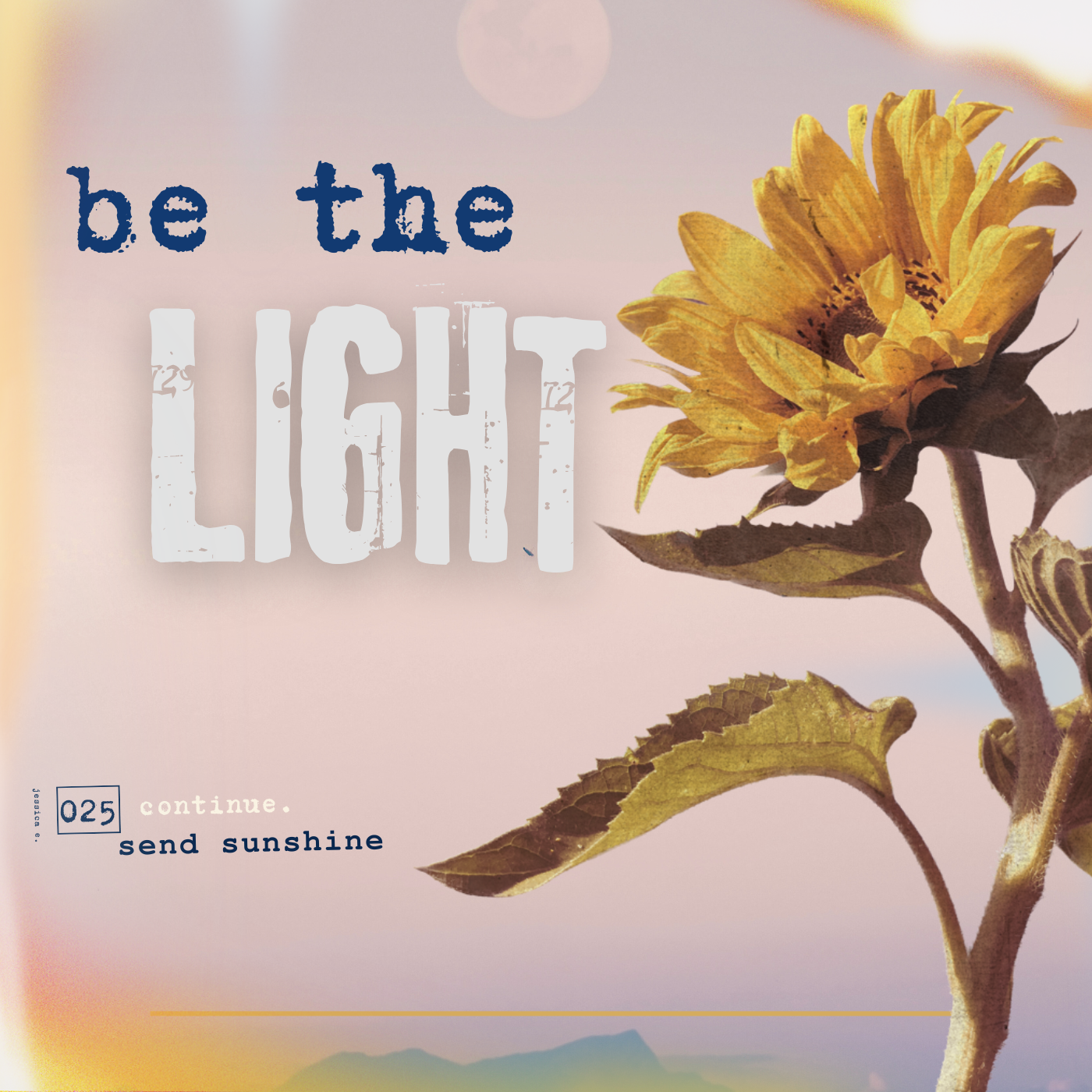The Chronicles of Narnia (1949-1954)
By C. S. Lewis
(1898-1963) England
Nearly every reader I talk to remembers these books from their
elementary school days and loved them. Do your kids a favour: Encourage them
not to see the movies until they’ve had the opportunity to read the books.
Novels are such a richer experience than movies because our imaginations can
reach so much further than an image on a screen can. Let the jeopardy do its
job in the books; let it create the tension it is supposed to, as it only can
when free of spoilage of the plot. Then let the movie supplement the book
afterwards!
It seems to me that there are two main brands of kid magic you can find
in books and Lewis’ approach to fantasy, unlike that of his friend, Tolkien, is
dedicated to both: It’s got the magic of imagination and limitless possibility
in a world of rich creation. And it has the kid magic which happens when kids transcend
the normal boundaries of childhood by taking on serious circumstances, rife
with adult jeopardy, where the plot conspires to block adults from coming to
the rescue. That is a magic that I forgot existed through all my adult life,
until I was forced to read youth books again in the scope of school volunteer
work.
I re-read one of these books as an adult, judging it would serve well
in a writing exercise of my own design. I turned The Horse and His Boy into a poem, in pursuit of the idea that my
own unfinished epic fantasy novel, begun a long time ago in over-ambitious and
naïve manner and subsequently abandoned, might finally come to life in the form
of an epic poem (the exercise was successful but the adaptation of my own novel
still lingers on the back burner). In the course of that exercise I was stunned
to see Lewis’s Christian agenda and bigotry toward Arabs so obvious; stuff I
certainly never caught as a kid.
My advice is: Don’t let this deter you or your kids from experiencing
these delightful stories. Wait until they’ve read the books and then ask them
whether they identified such agendas, and use it as a parenting opportunity.
Times have changed and kids may be more aware of diverse cultures than
I was, and thus I may be wrong, but my guess is that they will experience the
simple joys of the stories without falling prey to the politics.
These are must-read books for every young person, and probably,
sixty-five years later, still available in every library.
A passage from The Horse and His
Boy:
…there was a great splash and he found his mouth half full of salt
water. The shining thing had been a long inlet of the sea. Both horses were
swimming and the water was up to Shasta’s knees. There was an angry roaring
behind them and looking back Shasta saw a great, shaggy, and terrible shape
crouched on the water’s edge; but only one. “We must have shaken off the other
lion,” he thought.
The Lion apparently did not
think its prey worth a wetting; at any rate it made no attempt to take the
water in pursuit. The two horses, side by side, were now well out into the
middle of the creek and the opposite shore could be clearly seen. The Tarkaan
had not yet spoken a word. “But he will,” thought Shasta. “As soon as we have
landed. What am I to say? I must begin thinking out a story.”
Then suddenly, two voices
spoke at his side.
“Oh, I am so tired,” said the
one. “Hold your tongue Hwin, and don’t be a fool,” said the other.
“I’m dreaming,” thought
Shasta. “I could have sworn that other horse spoke.”
“Soon the horses were no
longer swimming but walking and soon with a great sound of water running off
their sides and tails and with a great crunching of pebbles under eight hoofs,
they came out on the farther beach of the inlet. The Tarkaan, to Shasta’s surprise,
showed no wish to ask questions. He did not even look at Shasta but seemed
anxious to urge his horse straight on. Bree, however, at once shouldered
himself in the other horse’s way.
“Broo-hoo-haw!” he snorted.
“Steady there! I heard you, I did.
There’s no good pretending, Ma’am. I heard you. You’re a Talking Horse, a
Narnian horse like me.”
“What’s it got to do with you
if she is?” said the strange rider fiercely, laying hand on sword-hilt. But the
voice in which the words were spoken had already told Shasta something.
“Why, it’s only a girl!” he
exclaimed.
“And what business is it of
yours if I am only a girl?” snapped
the stranger. You’re probably only a boy: a rude common
little boy – a slave probably, who’s stolen his master’s horse.”
The Lion, the Witch and the Wardrobe (1950)
The Horse and His Boy (1954)
Prince Caspian (1951)
The Voyage of the Dawn Treader (1952)
The Silver Chair (1953)
The Last Battle (1956)











































1 comment:
I have to confess I have never read any of them. It sounds like I have missed out on a great read. I think by the end of April I am going to have a nice list of 26 books to read, thanks to your wonderful posts.
Post a Comment